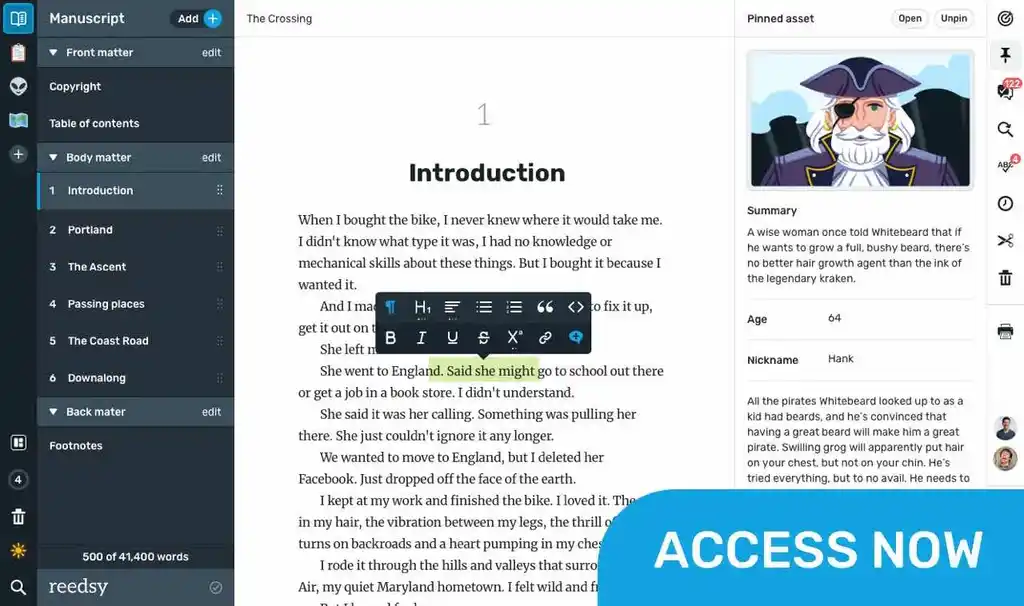Thank you to all our contributors: Almost An Author, Alyssa Hollingsworth, Anne R. Allen, Bang2Write, Christopher Fielden, Darcy Pattinson, Elizabeth S. Craig, Flogging The Quill, Grammar Girl Quick and Dirty Tips, Helping Writers Become Authors, Katie McCoach, Lauren Carter, Insecure Writer’s Support Group, Mandy Wallace, NaNoWriMo, Nail Your Novel, Novel Publicity, One Stop For Writers, Pro Writing Aid, PsychWriter, re:Fiction, The Journal, The Writer’s Workshop, Well-Storied, Women On Writing, writing.ie, Writing-World.com!
Menu



